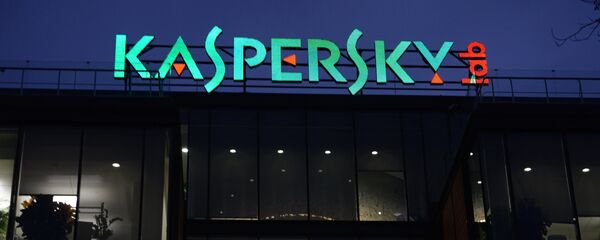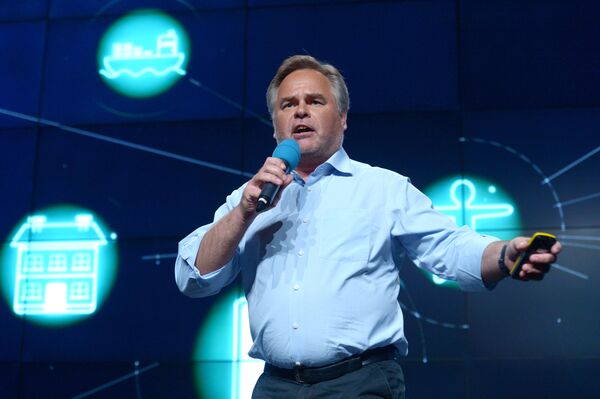Sputnik: The government-wide ban on Kaspersky Lab software has come into effect. How's your business been doing?
Eugene Kaspersky: Obviously, the noise in the US media and government reports over the past year have affected our business; the harm caused to us is still to be tallied. But we’re a global company doing business all around the world (we have offices in 35 different countries), so despite the issues in America, we’re still showing good results and growth in other regions.
But what’s more discouraging in this situation is the fact that we’ve not been provided with an opportunity to answer the allegations against our company; to date, no technical evidence has been produced to validate the DHS’s actions.
READ MORE: Kaspersky Lab Cuts Ties With Europol Over EU Branding Its Software "Malicious"
Sputnik: Do you think Americans actually believe Kaspersky Lab are agents of the Kremlin?
Eugene Kaspersky: I don’t want to make any assumptions about what people think. I can only speak for myself and our company. We’re a private business without any ties to any government – including Russia. We work with governments, not for them, and have never helped and never will help any governments with cyber-espionage. Just in the last couple of years, we’ve published 18 reports on Russian-language cyberattacks, including the notorious Russian-speaking espionage groups like CozyDuke (aka CozyBear) or Sofacy. That wouldn’t make much sense if we were "Kremlin agents" as you say.
Sputnik: In general, do you think software companies should (or can) cooperate with the state? If so, how exactly?
Eugene Kaspersky: We’re not replacing the US market. It’s still one of our biggest markets with thousands of customers and partners. We’re thankful to them for their trust and support – for being able to see through the fake allegations against us. However, we have strategically re-focused our attention on other countries to clear any revenue gap that might appear during this period of tension for us in the US. Our goals have not changed – to grow the numbers of our supporters, partners, and customers all over the world. It’s not that difficult to do when you keep making technologically unparalleled products and have the best professionals working for you. Last year our products participated in 86 independent tests and reviews and were awarded 72 firsts and achieved 78 top-three finishes.
READ MORE: High-Tech Wheels: Kaspersky Lab Tests Tools For Car Security
Sputnik: What's Kaspersky Lab's latest top innovation?
Eugene Kaspersky: We’re actually very actively working on the concept and epitome of "cyber-immunity." I believe that this is the future of the cybersecurity industry. We’ve already found a solution to protecting the IoT environment by bringing in this concept. Connected "smart" things should be safe-by-design so as to restrict any unusual behavior. And this is possible to implement using our Kaspersky OS for embedded connected devices. Hopefully, soon we’ll be able to implement it in more complex systems.





